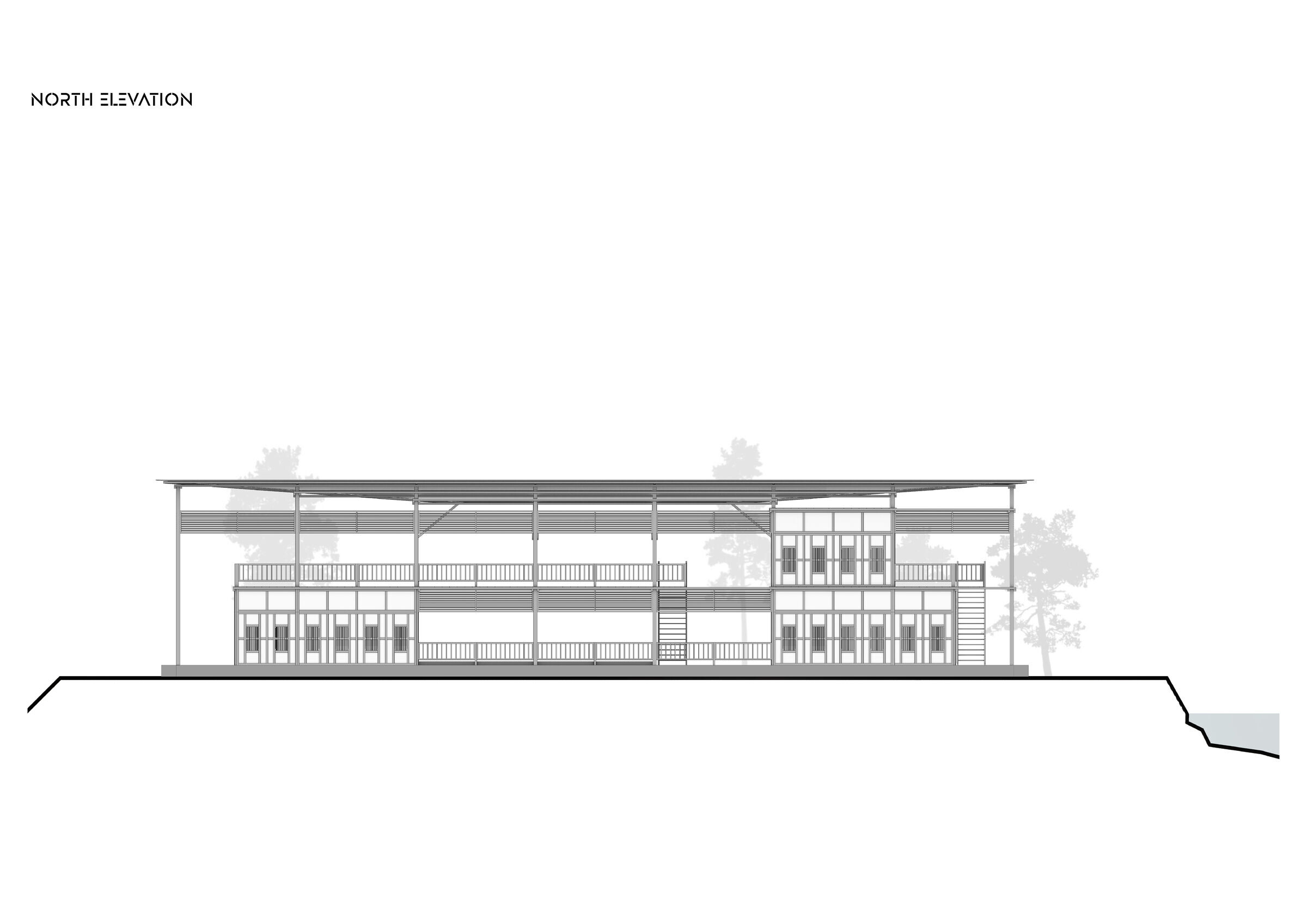Introduction:
Bunon is a proposed project that aims to establish a Kantha sewing and craft training center in Munshiganj, Bangladesh. The project's primary focus is to provide a training center for the local women to learn the art of Kantha sewing and other crafts. The training center will be constructed using local wood and tin construction techniques, which will be modular and easy to disassemble and shift in time due to the heavy erosion in the area. Additionally, the center will offer work exchange accommodation for families from remote areas who work during the potato picking season.

Background:
Kantha sewing is a traditional art form that has been passed down for generations in Bangladesh. Women in rural areas are exceptionally skilled in this art form and have been using it to create beautiful, intricate designs on cloth for centuries. However, due to the lack of formal training opportunities, the art of Kantha sewing is in danger of dying out.

The Bunon project aims to address this issue by establishing a training center that will provide the necessary training and resources to preserve this traditional art form. The center will also provide a platform for local women to showcase their talents and sell their products, enabling them to earn a living and support their families.

Design:
The Bunon training center will be designed using local wood and tin construction techniques, which are readily available and cost-effective. The modular design will allow for easy disassembly and shifting, which is essential due to the heavy erosion in the area.
The center will be built on the canal bank to take advantage of the scenic location, but the design will incorporate measures to protect the building from erosion. For example, the center's foundation will be designed to withstand the heavy flooding that occurs in the area during the monsoon season.
The center will feature a large workshop area where the women can learn and practice Kantha sewing and other crafts. Additionally, the center will offer a work exchange accommodation program for families from remote areas who work during the potato picking season. The accommodations will be located in a separate building and will provide a safe and comfortable living environment for the families.
The center will also have a communal area where the women can communicate and entertain while working together. This space will be designed to promote social interaction and a sense of community among the women.

Sustainability:
The Bunon project will incorporate sustainable practices to minimize its environmental impact. The use of local wood and tin construction techniques will reduce the project's carbon footprint and help support the local economy.
Additionally, the modular design of the center will allow for easy disassembly and shifting, minimizing waste and saving resources. The center will also incorporate rainwater harvesting to reduce its reliance on municipal resources.

Impact:
The Bunon training center will have a significant impact on the local community by preserving the traditional art of Kantha sewing and providing a platform for local women to earn a living. The center will also contribute to the local economy by using locally sourced materials and providing work exchange opportunities.
The center's communal space will promote social interaction and community among the women, which is essential for their mental and emotional well-being. Additionally, the project's sustainable practices will help reduce its environmental impact and contribute to a healthier planet.

Conclusion:
The Bunon project is a Kantha sewing and craft training center designed to preserve traditional art forms and provide work opportunities for local women. The project's modular design and use of local wood and tin construction techniques make it a sustainable and cost-effective solution that can be easily disassembled and shifted to protect against heavy erosion.
The project's work exchange accommodation program and communal space will promote social interaction and a sense of community among the women, which is essential for their well-being.































